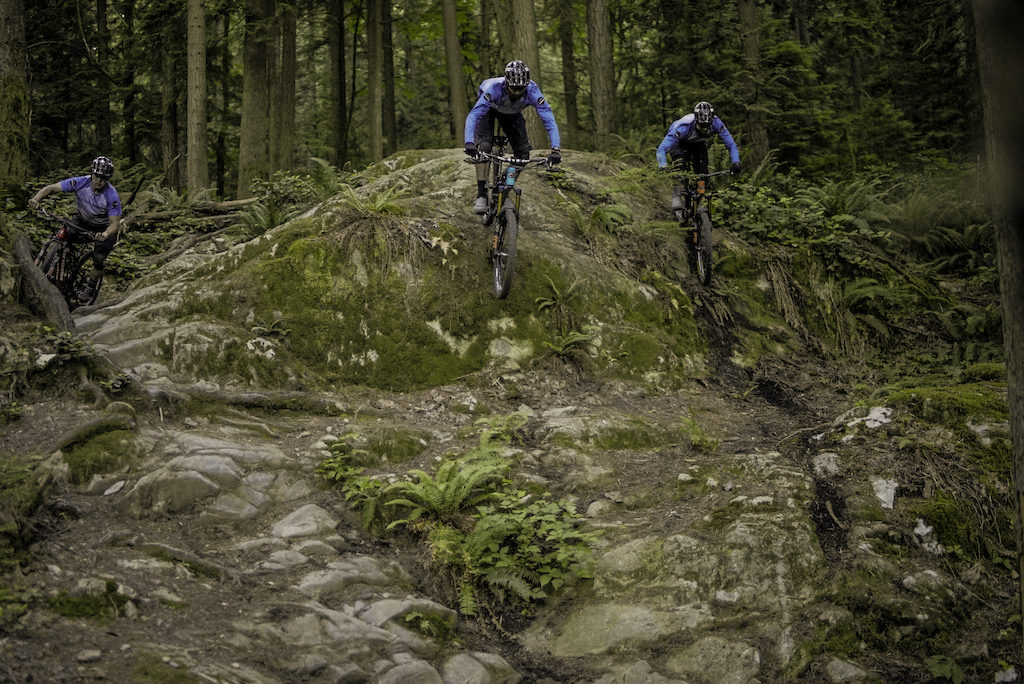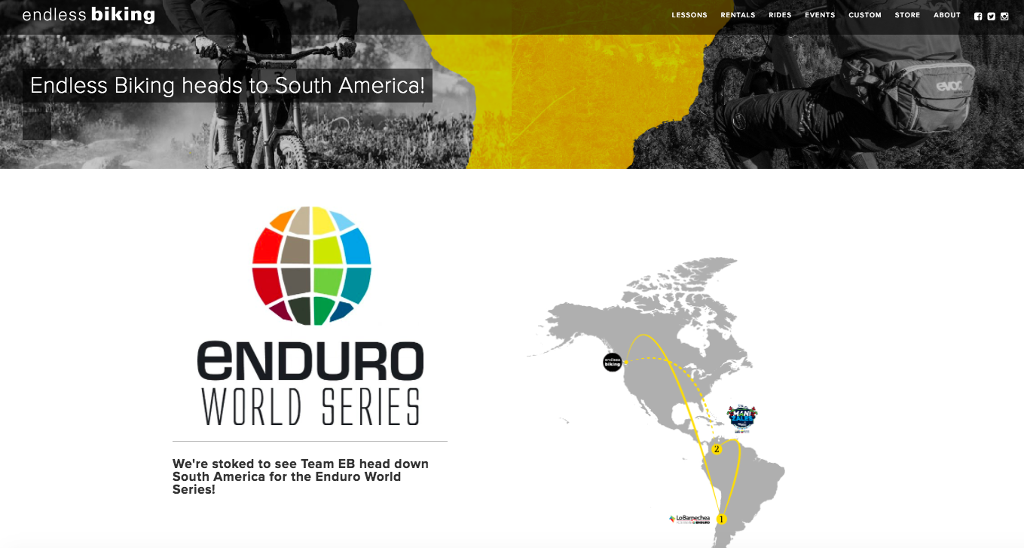
Source: https://www.edsurge.com/news/2018-12-03-8-great-ways-to-enhance-retention-infographic
There was a time that I would simply repost this infographic, point to the source, and quiet those voices in my head screaming “this is not about learning this is just about information retrieval and retention”. But this is a different time.
Ebbinghaus’ classic forgetting curve shows how quickly we forget information and unless we utilize one of the many tips or tricks to repeat our exposure to information we are hoping to retain then we will indeed forget the information. In several places in the infographic the authors incorrectly equate the notion of information transfer to learning in statements like:
First conceived in by the 19th-century psychologist Hermann Ebbeinghaus, the forgetting curve models the exponential rate at which humans forget the information we’ve learned.
Students forget the most right after they have learned something, with the rate of forgetting declining as time goes on.
In other places the authors more accurately convey that what is happening is information transfer and not learning:
How can teachers equip their students to retain more of the information they are given?
The more students are asked to recall information, the more they strengthen their memory.
What makes these types of infograhpics so frustrating and perhaps even dangerous is that they often embed elements of truth within the misinformation. The five factors that affect our ability to retain information: relevance, difficulty, context, stress, and sleep are accurate but the first three also hold the key to a more accurate way in which we actually learn. Before I go any further, I need to clarify that I am using the constructivist definition of learning which can be summarized as the learner coming to know by making meaningful connections rather than the behaviorist or information transfer definition of learning which can be summarized as the process of acquiring new knowledge, skills or behaviors. If you hold to the information transfer understanding of learning then you need to continually repeat the information input, test the retrieval, use visual or other mnemonic tricks, and use a host of other methods detailed in the infographic to improve the information retention and retrieval.
Or, you can simply use authentic learning opportunities to provide the relevance and context for the learner to take ownership of what they are learning and make those meaningful connections that will not be forgotten. When a learner is exposed to new information or values within the context of working on real-world problems they will be able to develop useful skills and modify existing understanding which ultimately leads to the making of meaningful connections. When you add the significance that comes from a solving and ultimately owning a real challenging problem, the learner will not only retain what they have learned they will have a foundation to make additional meaningful connections and apply their understanding to new situations. This is learning.
We have a choice.
Continue to give students information and then equip them to use a wide assortment of information retention methods or tricks to effectively regurgitate the information.
OR
Create a significant learning environment in which we give our learners choice, ownership, and voice through authentic learning opportunities and help them to learn how to learn.
This leads me to the final question that we need to ask. Are you preparing your learner for the test or for life?
































